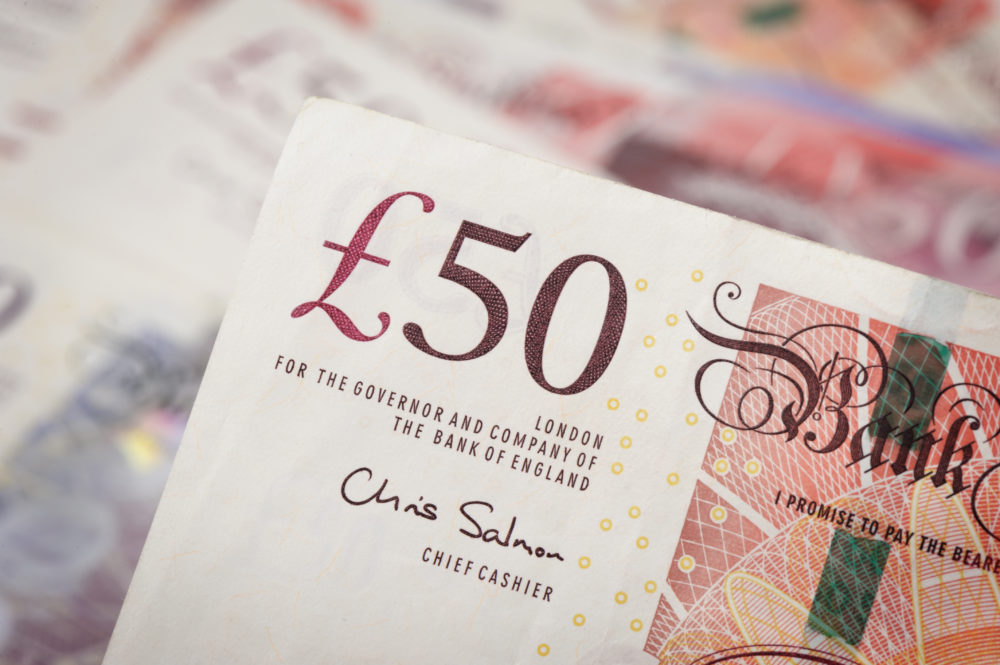If you take out or extend a mortgage against your home and use the money raised in your business or to finance property you rent out, you can claim part of the interest as an allowable expense.
If you let part or all of your home, you may be able to deduct mortgage interest when working out your profit or loss.
Whether or not you can claim tax relief on mortgage interest depends on the purpose or use of the loan. It does not depend on the value of the property against which the mortgage is secured, even if the property value falls below the level of the mortgage (negative equity).
Capital gains tax on homes
If you sell most types of investments (including property) for more than you paid for them, there may be capital gains tax to pay. But if you sell your only or main home, there is normally no capital gains tax. This exemption is known as private residence relief.
If you own more than one home, only one of them qualifies for private residence relief. And you may lose the relief if you use the home for business, leave it for prolonged periods or let it out. If you do have to pay capital gains tax on selling a home, it can mean a hefty tax bill – the gain, after deducting allowable expenses and your annual allowance, is taxed at 18 per cent. Major changes to capital gains tax since 6 April 2008 mean there is no longer any relief for gains due to inflation.





